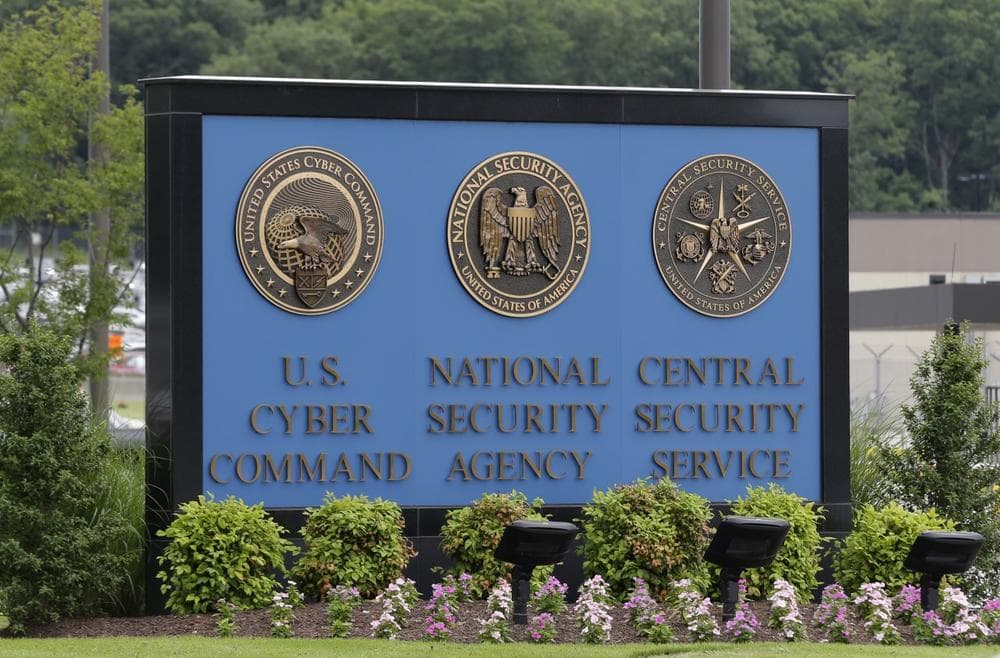Advertisement
Advisory Panel Recommends More Oversight For NSA
Resume
If President Barack Obama follows even half of the recommendations urged by his advisory panel, the National Security Agency would significantly change the way it does business.
The collection of U.S. phone records and the spying on other governments and their citizens would continue. But Americans' phone records would be held by phone companies, not the NSA, and multiple court orders, rather than just one, could be required before the information could be searched.
Other changes: The president would have to sign off personally on spying on foreign leaders, and foreigners would have greater rights not to be spied upon. Foreign countries could enter into do-not-spy agreements with the U.S. The White House would have to sign off on spying on just about anything deemed sensitive.
The 300-page report released Wednesday by a five-member panel of intelligence and legal experts proposed 46 recommendations that, taken together, call for more oversight of the government's vast spying network. Still, few programs would be ended.
Obama is not bound by a single recommendation. He's already rejected one of them - that oversight of the NSA and the Cyber Command be split, allowing a civilian to head the NSA. The White House said he is considering the other recommendations.
Harvard Law professor Cass Sunstein is on the advisory panel that made the recommendations and joins Here & Now's Robin Young to discuss the report. Here & Now's Jeremy Hobson then speaks with NPR's Scott Horsley about the president's next moves.
Interview Highlights: Cass Sunstein
On why it's problematic for the government to hold the data
"There's a distinction between metadata — meaning whom you've called, in terms of the phone number, not the person, and when — and the content of the call, that is a distinction. On the other hand, the idea that the government is holding the material involving people's phone calls raises serious questions about public trust, and it raises risks in the future of abuse. We did not see any efforts to punish people for their political or religious convictions, nothing like that. But there are risks. Our history shows that there are risks when the government is holding material of this kind. And we didn't see in the balance sufficient justification for departing from the usual process by which the government gets a warrant or an order if it wants to get access to information."
On criticism that the panel was beholden to the Obama administration
"I don't think there is any reason for concern about independence ... none of us is in the Obama administration now."
"Once you're put on an independent group, your loyalty is not to really any political official, but is to the American public."
On the risk that the panel recommendations might make the U.S. less secure
"Every one of us worried about that, frequently. So the recommendations were designed with that worry in mind. If we thought that the recommendations would make the American people or our allies less secure, then we wouldn't have adopted those recommendations. So what we think is possible to do is to avoid a too long polarized accusatory set of debates ... in favor of a set of proposals that maintained the ability of the intelligence community to keep us safe, while also ensuring that our communications are actually secure — in the sense that the government doesn't have them and isn't listening in — and are perceived as secure."
Guest
- Cass Sunstein, Harvard Law professor and member of the White House-appointed intelligence panel. He tweets @CassSunstein.
- Scott Horsley, White House correspondent for NPR.
This segment aired on December 19, 2013.